With foothold in Libya, Erdogan’s Turkey eyes influence and energy riches
MISSOURI: The Libyan imbroglio remains at least as complicated as the mess in Syria. In both civil wars, one factor seems to remain constant: Turkey’s decisive support to Islamist forces.
In the Libyan case, the Islamist camp is the UN-recognized Government of National Accord (GNA) in Tripoli. The GNA’s main backers, Turkey and Qatar, always emphasize the “UN-recognized” aspect when justifying their support and condemning the backers of the rival Libyan National Army (LNA), led by Khalifa Haftar and based in the country’s east.
LNA supporters — mainly Egypt, Russia and the UAE — retort that the GNA is controlled by extremist Islamist militias. Why would the UN recognize a GNA that is run by extremist militias and is in control of less Libyan territory than the LNA?

UN recognition stemmed from a 2015 peace deal and attempt at forming a unity government in Libya. After the peace deal, however, the GNA quickly incorporated extremist elements into its apparatus and reneged on key promises regarding power sharing and other matters.
The GNA is not, in fact, the recognized government of Libya since the Tobruk-based House of Representatives (HoR) reacted to these breaches by voting not to recognize the GNA in 2016. Efforts at reconciling the GNA and the HoR government and the LNA, including promised elections in 2018, repeatedly failed.
This summer, things were finally heading toward another kind of resolution when Haftar’s LNA advanced on Tripoli and some of the last pieces of territory controlled by the GNA. Backed by Russian mercenaries and armaments from Arab allies, Haftar’s forces occupied the suburbs of Tripoli until just a few weeks ago.
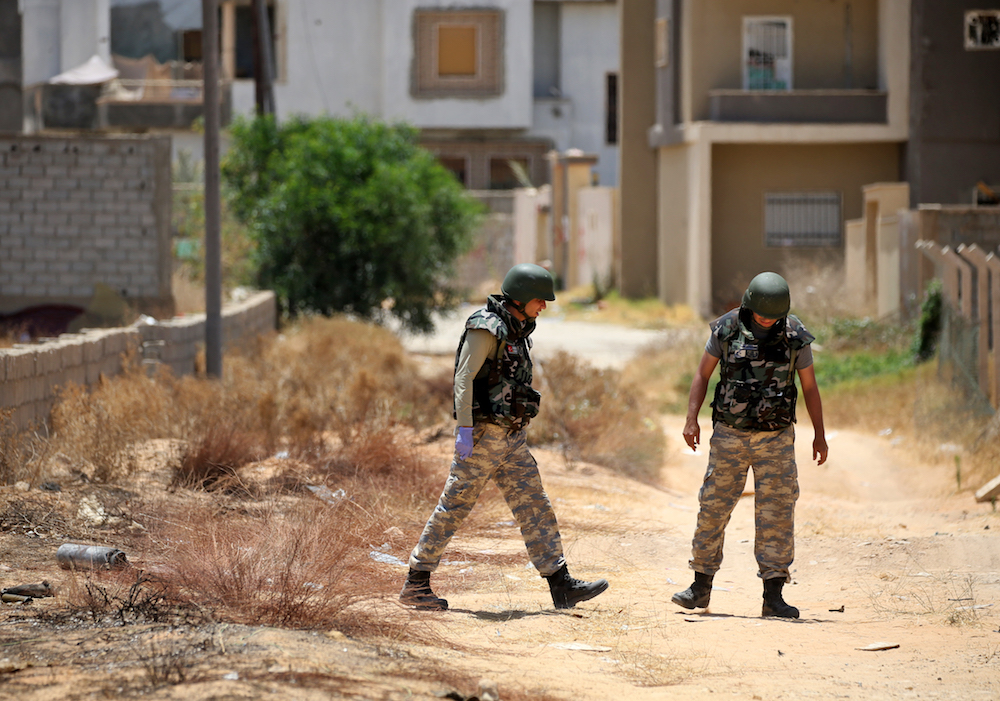
Turkey’s decisive intervention on behalf of the GNA reversed the situation. Turkey sent in its own soldiers, some 2,000 of its Syrian rebel proxy forces, weaponry and money. The GNA repaid Ankara for its support by signing, among other things, maritime agreements that buttress Turkish claims to much of the Mediterranean.
Turkey and Qatar would like to see the Muslim Brotherhood-style parties of the GNA, and other Sunni Islamist groups within its fold, cement their power in oil-rich Libya. Egypt, the UAE, Saudi Arabia and most other Arab states, in contrast, remain quite averse to a takeover of Libya by Islamist forces.
Egypt may even prove willing to intervene with its own troops should Haftar’s LNA suffer too many setbacks in the next few weeks.
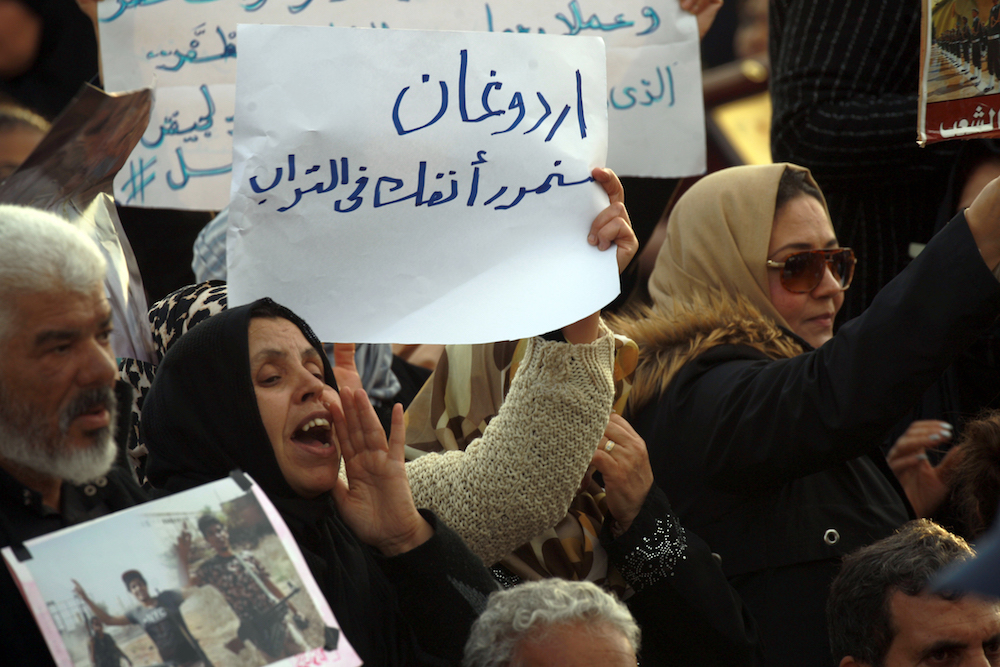
At the moment, it looks like Turkish President Recep Tayyip Erdogan has succeeded once again in getting his way through the deployment of military force. Libya offers him a route to influence in much of energy-rich North Africa, and Turkish forces may remain there for quite some time.
If the 1974 Turkish occupation of northern Cyprus serves as an example, occupied parts of northern Syria may likewise be using the Turkish lira for a long time to come. Even northern Iraq now appears vulnerable to Turkish military occupation of indeterminate duration.
Although France in particular appears quite alarmed by the Turkish moves in the region, Ankara’s other NATO allies have stayed inexplicably quiet about these developments. As for the US, important voices in the White House and State Department still seem to think Turkey could prove useful for containing Iran and various Islamist extremists in the region.
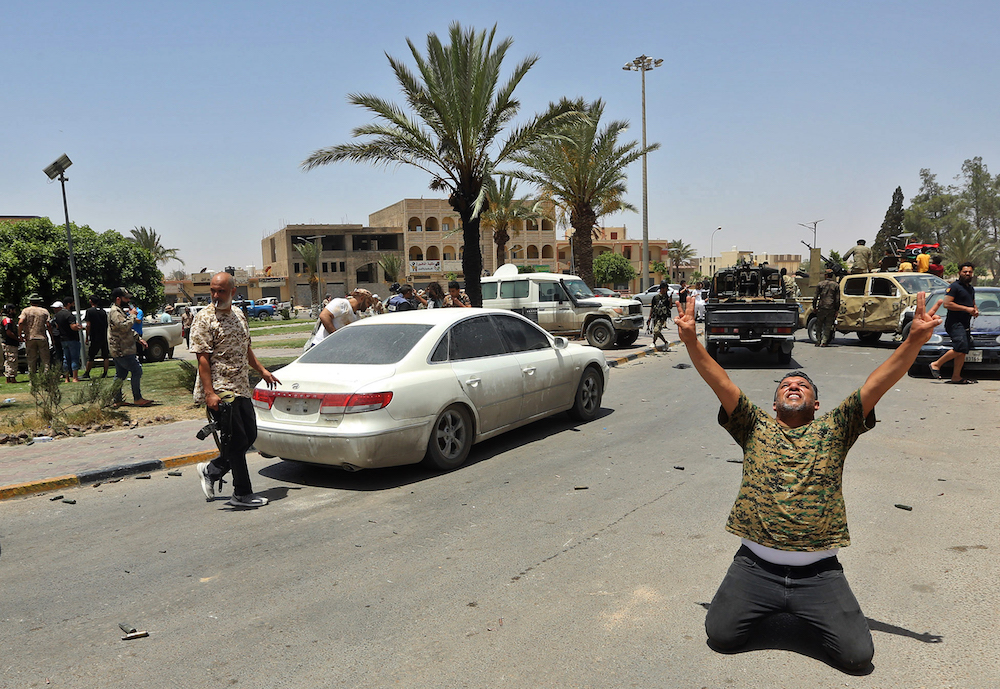
For Washington’s non-Qatari Gulf Arab allies and Egypt, however, Ankara’s region-wide muscle-flexing is extremely worrisome. Turkish support for various Sunni Islamist currents threatens regional stability just when the Arab world seemed to finally be getting a lid on the problem.
Ankara has even recently increased its activity in Yemen, perhaps seeking to gain a strategic foothold there as well. With both Turkey and Iran projecting power and cultivating proxies all over the Middle East, and cooperating as often as not in the process, leaders in many Arab capitals worry that both countries have renewed their imperialist appetites of the not-so-distant past.
Both Turkey and Iran may lack the wherewithal to sustain their ambitions, however. Iran’s economic problems and sanctions have caused significant domestic unrest and severely limit its ability to support proxies and allies abroad. Turkey’s economy, although much stronger than Iran’s, also appears on the brink.
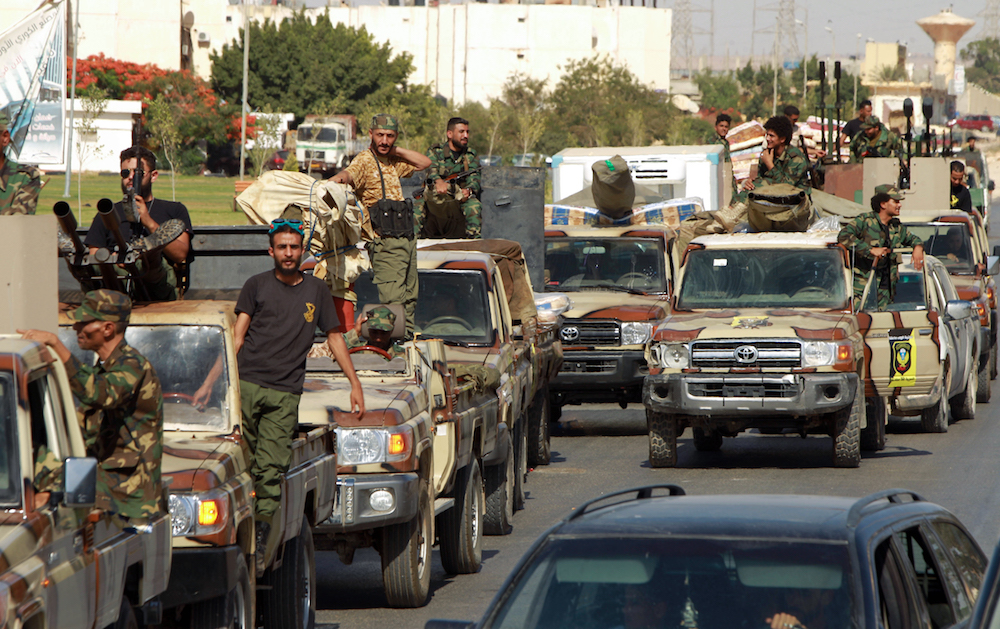
One of Turkey’s vulnerabilities thus probably resides in Europe. If European states grow sufficiently alarmed by Ankara’s growing military bravado over gas in the Mediterranean and its cultivation of Islamist proxies across the region, they could push Turkey’s economy over the edge with even minor sanctions. Turkey would in turn threaten to flood Europe with migrants, of course, which will give pause to decision-makers in Brussels.
New leadership in Washington might also offer a promising tool to constrain Turkish ambitions and military adventurism in the region. While US President Donald Trump seems to care little about Turkish designs on the Mediterranean and the Arab world, and to enjoy a good personal relationship with Erdogan, the same cannot be said for Democratic candidate Joe Biden.
Biden’s Senate voting record on Turkey was mostly negative for Ankara. He refers to Erdogan as “an autocrat.” Biden has also spoken on the record about supporting opposition parties in Turkey in an effort to effect democratic change there.
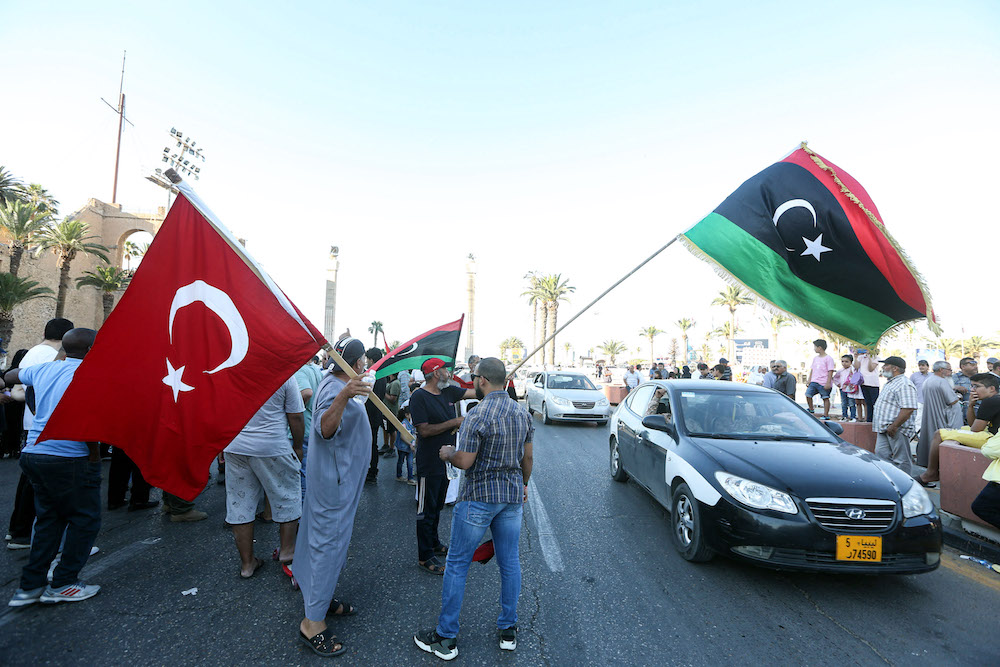
Perhaps most alarmingly for leaders in Ankara, Biden even recently said the Turks must “understand that we’re not going to continue to play with them the way we have.” With regard to the eastern Mediterranean, he said the US should “get together with our allies in the region and deal with how we isolate his (Erdogan’s) actions in the region, particularly in the eastern Mediterranean in relating to oil and a whole range of other things.”
If a Biden-led US were to pressure Ankara economically, the resultant pain in an over-extended Turkey could prove severe, possibly even severe enough to constrain what for the moment looks like unrestrained ambition in the region.
—————–
David Romano is Thomas G. Strong professor of Middle East politics at Missouri State University

France freezes role in NATO Libya force amid Turkey tensionsTurkey slams France’s ‘destructive’ approach to Libya conflict








